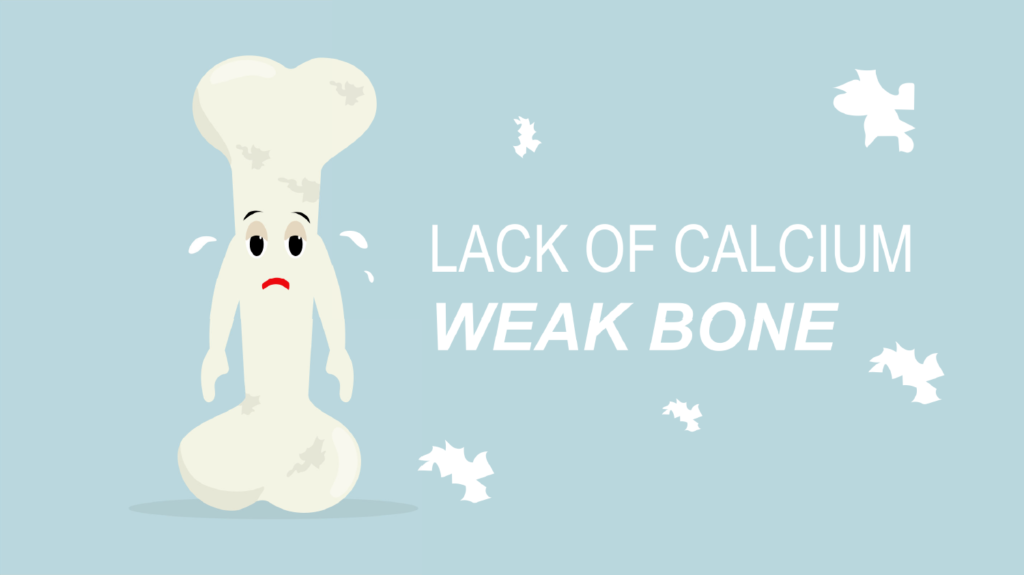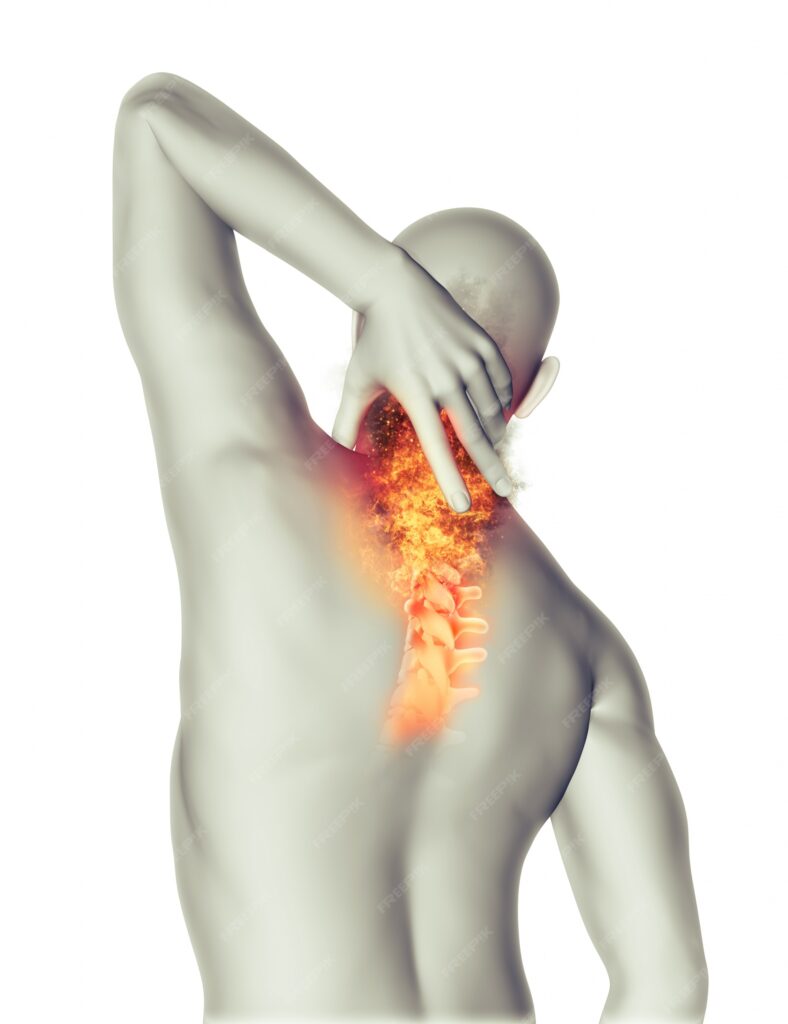Weak Bones
A condition that causes bones to become weak and brittle, making them more likely to break. Osteoporosis is the most common type of weak bones, but other conditions such as osteopenia, Paget’s disease of bone, and fibrous dysplasia can also cause weak bones.

Symptoms
Weak bones often do not cause any symptoms until a bone breaks. However, some people may experience back pain, loss of height, or a stooped posture due to compression fractures of the spine.
Causes
There are many factors that can contribute to weak bones, including
Age: Bone density naturally decreases with age.
Sex: Women are at higher risk of developing weak bones than men.
Race: White and Asian people are at higher risk of developing weak bones than Black and Hispanic people.
Family history: If you have a family history of weak bones, you are at higher risk of developing the condition yourself.
Certain medical conditions: Certain medical conditions, such as celiac disease, inflammatory bowel disease, and rheumatoid arthritis, can increase the risk of weak bones.
Lifestyle factors: Certain lifestyle factors, such as smoking, excessive alcohol consumption, and physical inactivity, can also increase the risk of weak bones

Prevention
There are a number of things you can do to prevent weak bones, including
Make sure to eat plenty of calcium and vitamin D. Good sources of calcium include dairy products, leafy green vegetables, and fortified foods. Good sources of vitamin D include fatty fish, eggs, and fortified milk.
Exercise helps to build and maintain bone density. Aim for at least 30 minutes of moderate-intensity exercise most days of the week.
Smoking and excessive alcohol consumption can weaken bones.
Sleep is essential for bone health. Aim for 7-8 hours of sleep each night.
